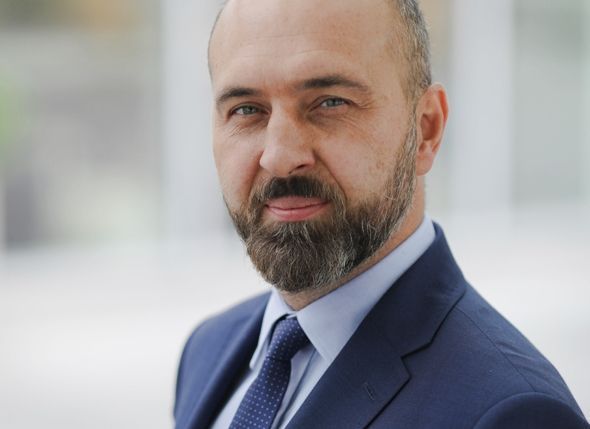Two years ago I had the chance to talk to Eugene Golub (the founder of a well-known US developer that’s also active in Poland), who at the time was 88 years old. When I asked him what it was in the modern world that troubled him the most, he thought for a while before replying that it was the lack of civility in the way we address each other, going on to explain that he thought there was too much anger in public discourse. Even though this topic had nothing to do with real estate, I thought I’d pursue it further, because it’s rare for me to be in such total agreement with a businessman. Indeed, it troubles me that the high standards that we can see, for example, at Eurobuild’s Conferences, isn’t the norm for other forms of discourse in our daily lives.
When I was a philosophy student at the University of Warsaw one of the most important thinkers we studied was the Austrian Karl Popper. He had many deep convictions, but in particular he stressed how import

























































